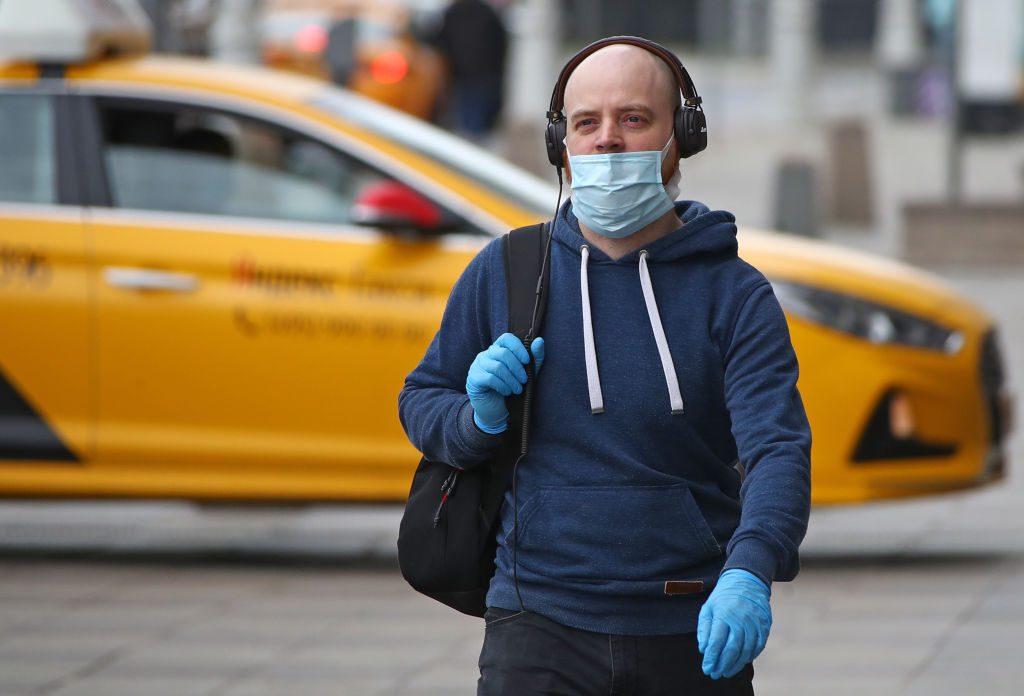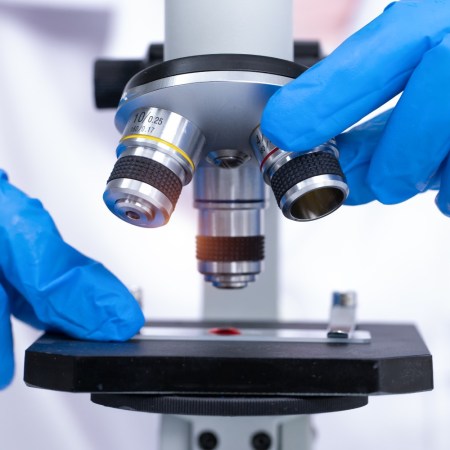A new study could potentially explain anecdotal reports that men are more likely than women to suffer severe complications from COVID-19.
According to the study published in the European Heart Journal, the higher vulnerability to COVID-19 in men could be linked to the fact that men have higher concentrations of the enzyme angiotensin-converting enzyme 2 (ACE2) in their blood than women do. The enzyme can be found in the lungs, heart, kidneys and blood vessels, and it enables the virus to infect healthy cells.
Researchers measured concentrations of the enzyme in blood samples taken from heart failure patients from 11 European countries — 2,608 men and 1,112 women between the ages of 69 and 76.
“ACE2 is a receptor on the surface cells. It binds to the coronavirus and allows it to enter and infect healthy cells after it has been modified by another protein on the surface of the cell,” Dr. Adriaan Voors, professor of cardiology at the University Medical Center Groningen in the Netherlands, told USA Today.
However, some doctors warn against making broader assumptions based on the study. Dr. Mary Norine Walsh, medical director for heart failure and cardiac transplantation at St. Vincent Heart Center in Indianapolis, pointed out that the study was restricted to older heart failure patients, and thus it’s unclear whether the enzyme is higher in healthy or younger men as well.
“In many ways, men are more at risk and this has been shown in previous epidemics,” she said. “This isn’t the first time that we’ve seen this.”
Subscribe here for our free daily newsletter.
Whether you’re looking to get into shape, or just get out of a funk, The Charge has got you covered. Sign up for our new wellness newsletter today.


















